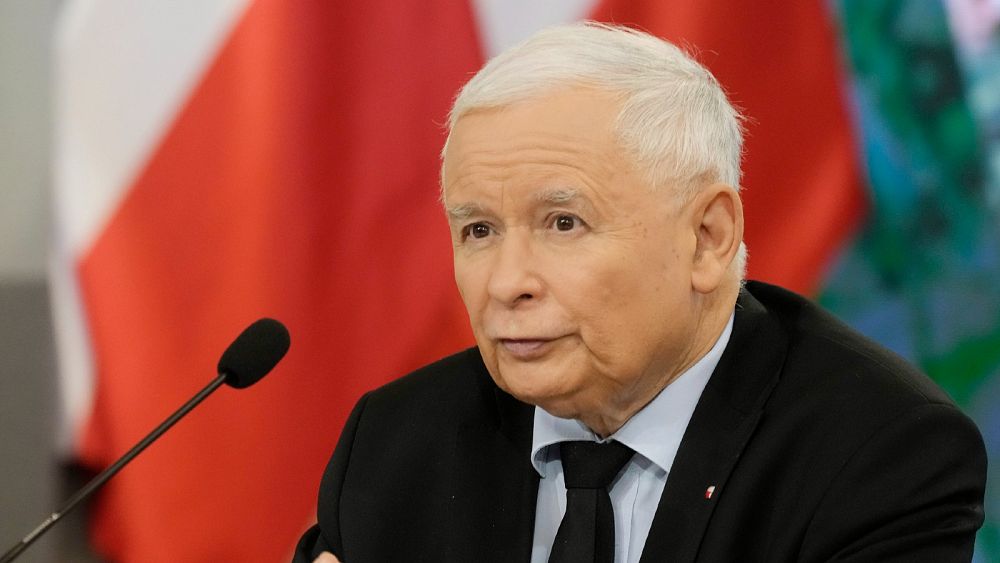
Poland’s national-populist leader Jaroslaw Kaczynski accused Germany of trying to turn the European Union into a federalist “Fourth German Reich” in an interview published Friday.
There are countries that “are not enthusiastic about the prospect of building a German Fourth Reich on the basis of the EU,” the Law and Justice (PiS) party president told Polish far-right daily GPC.
According to Kaczynski, who is also Poland’s deputy prime minister in charge of national security, the term “Fourth German Reich” “has nothing negative about it, as it is not the Third Reich but the First”, i.e. the Holy Roman Empire.
During the recent visit of the new German Chancellor Olaf Scholz to Poland, his Polish counterpart Mateusz Morawiecki described the German coalition government’s support for greater federalism in the European Union as “utopian and therefore dangerous” and reiterated that his government backed the concept of “a Europe of sovereign nations”.
Kaczynski, who is generally considered to be the “mastermind” of any significant change in Poland, added in the interview that “if we Poles agreed to such a modern submission we would be degraded in many ways”.
And he attacked the Court of Justice of the EU (CJEU), which he said was “the basic instrument used” to impose federalist ideas.
The CJEU, he said, can interpret European law and draw conclusions he deemed illegitimate. “And it does,” he argued.
Brussels has been engaged in a drawn-out battle with Warsaw, notably over the judicial reforms launched by the PiS government since 2015.
These reforms, accused of undermining the independence of judges, have earned Poland several condemnations by the CJEU.
Under the influence of national-populists, the Polish Constitutional Court challenged the authority of the EU Court of Justice in June, and in October questioned the primacy of European law over Polish law.
On Wednesday, Brussels launched an infringement procedure against Poland following these rulings by the Constitutional Court, pointing out that the court “no longer meets the requirements of an independent and impartial court established by law, as required by the Treaty”.